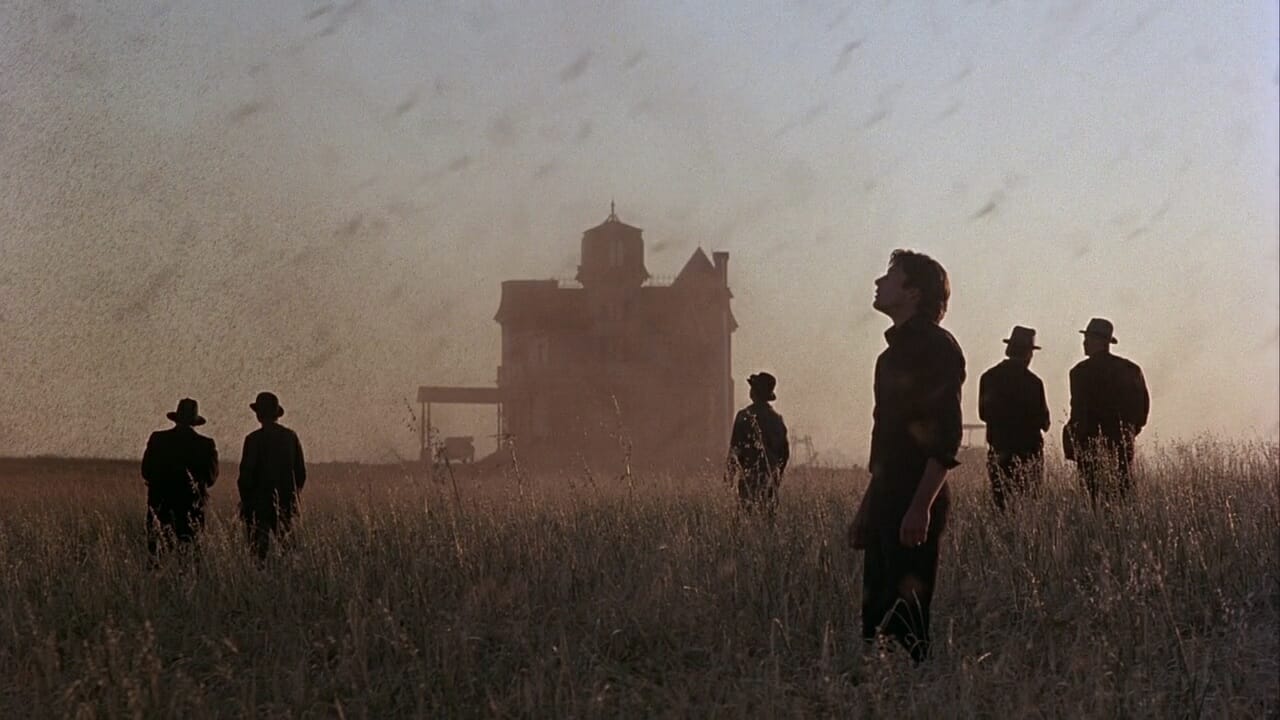-
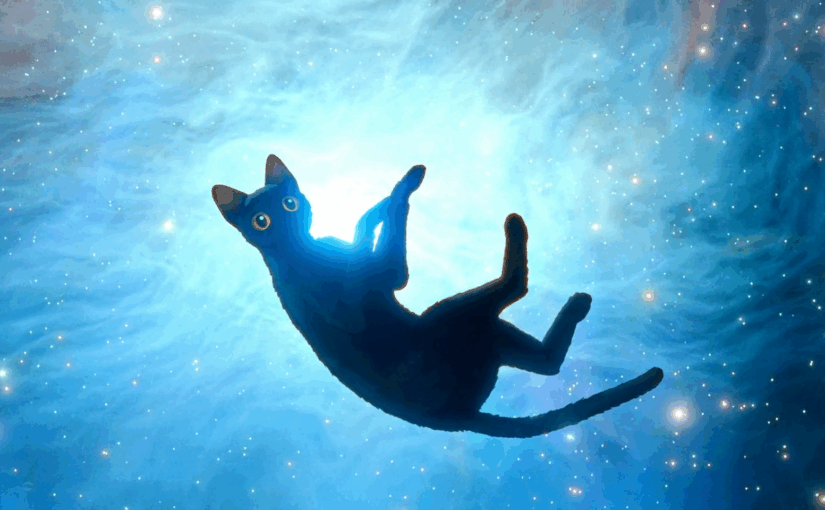
Flow (2024)
The journey that one nameless black cat and its assorted companions set out on through flood waters makes for a minimalist narrative in Flow, yet within Gints Zilbalodis’ immersive, fluid animation, the organic cycles of this ever-changing ecosystem fall into soothing harmony.
-
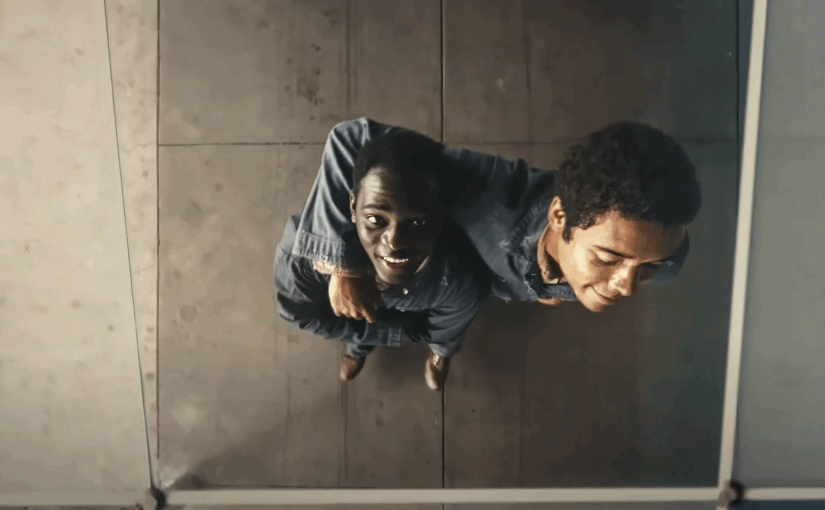
Nickel Boys (2024)
RaMell Ross’ avant-garde instincts come fully formed in the first-person camerawork and impressionistic montages of Nickel Boys, explicitly adopting the perspectives of two friends living in a 1960s reform school, and internalising a shared resilience that leads communities into the fight for civil rights.
-
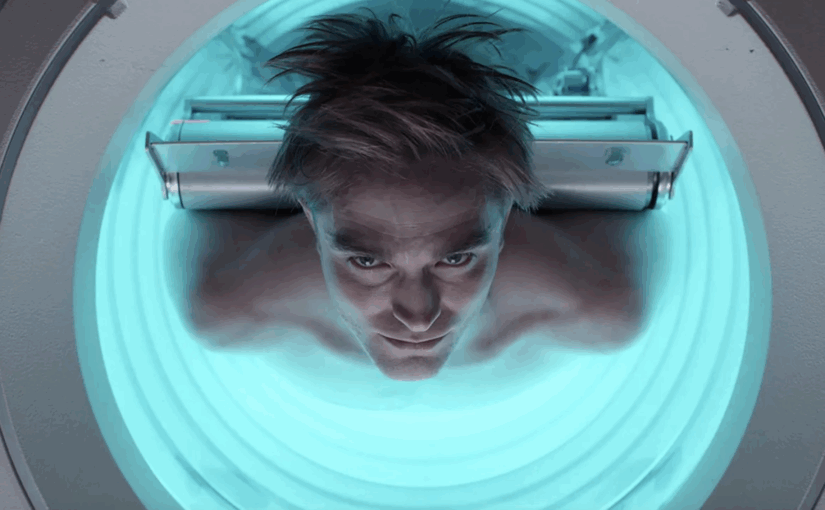
Mickey 17 (2025)
True to Bong Joon-ho’s savage class critiques, the endless cloning of expendable workers in Mickey 17 examines the fragility of identity in a capitalist system, aiming its broad satire at the repackaging of exploitation and colonisation as economic progress.
-
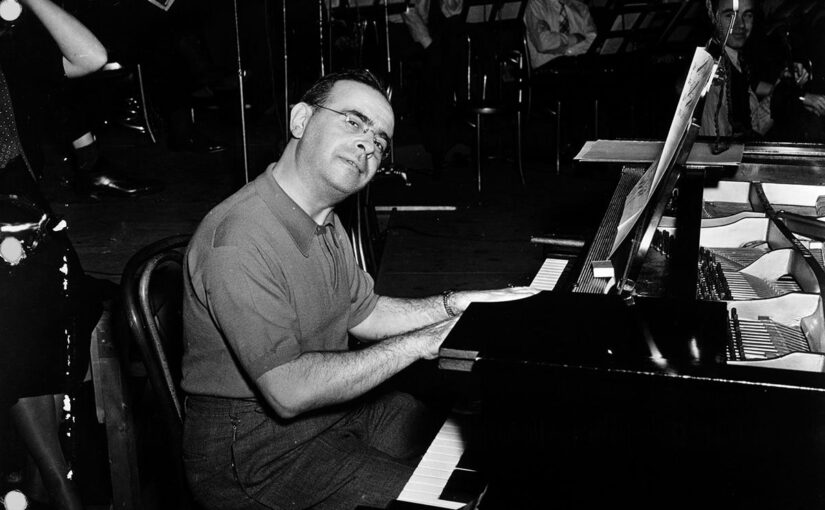
The 50 Best Film Composers of All Time
The greatest composers of film history, from symphonic maestros to trailblazing instrumentalists.
-
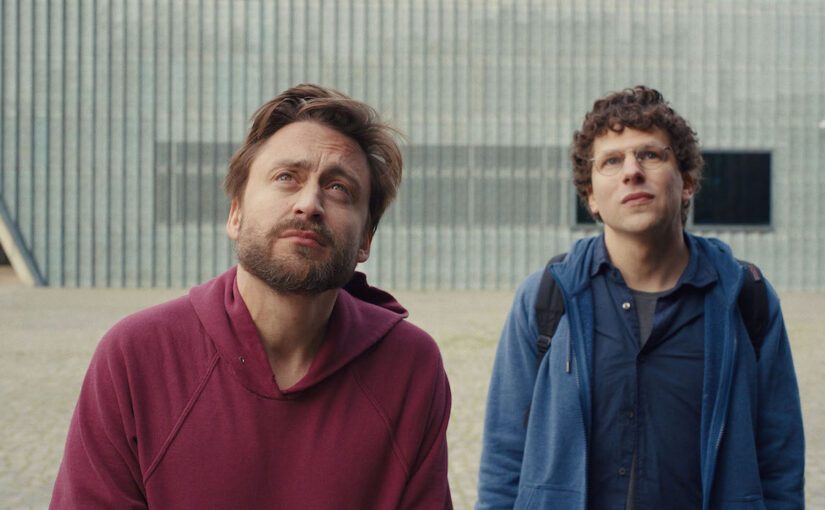
A Real Pain (2024)
As two amusingly dissimilar cousins reconnect to their Jewish ancestry in Poland, A Real Pain also sensitively examines their reconnection with each other, binding polar opposites together through humour, compassion, and generations of unresolved trauma.
-
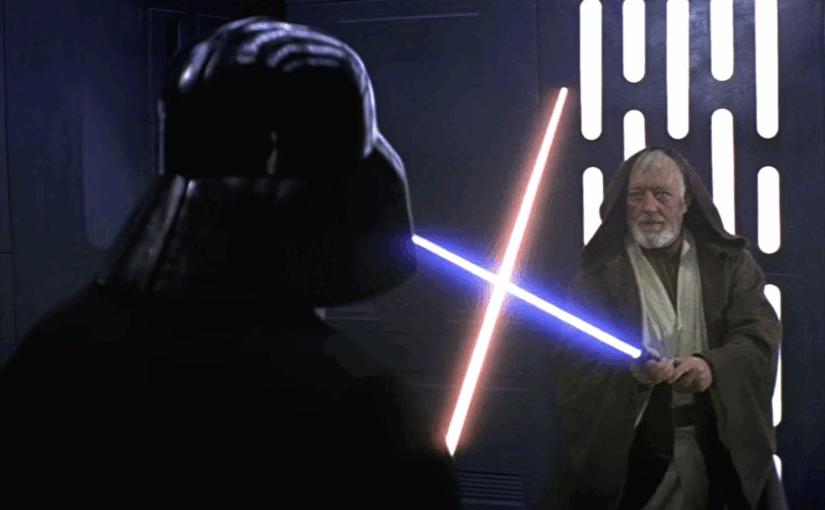
The 100 Best Film Scores of All Time
The greatest film scores of film history, from orchestral symphonies to electronic soundscapes.
-

I’m Still Here (2024)
When Brazil’s plague of forced disappearances reaches a beloved father in I’m Still Here, it is up to his resilient wife to keep the shattered pieces of her family’s lives together, transforming her sorrow and trauma into a testament of selfless, compassionate resistance.
-
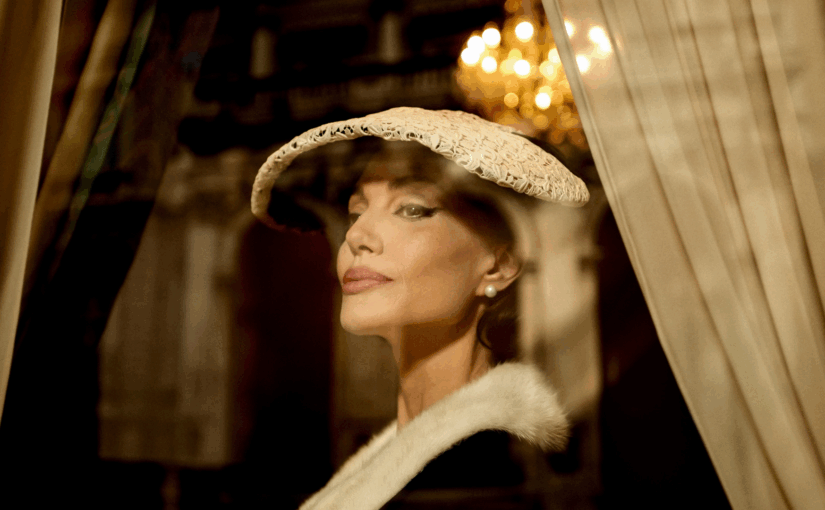
Maria (2024)
Opera singer Maria Callas’ astonishing talent is both her greatest gift and curse in Pablo Larraín’s impressionistic, melancholy biopic, simultaneously giving her reason to live and eroding her tormented soul as she wanders through the final week of her extraordinary life.
-
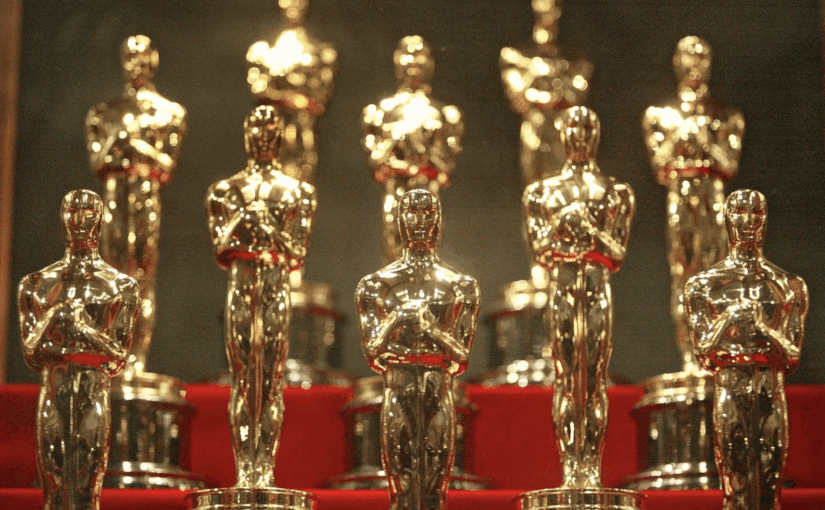
2025 Oscar Predictions and Snubs
The three-way race between Anora, The Brutalist, and Emilia Pérez has begun to widen in the final weeks of the awards race, while the competition stays hot in below-the-line categories.
-
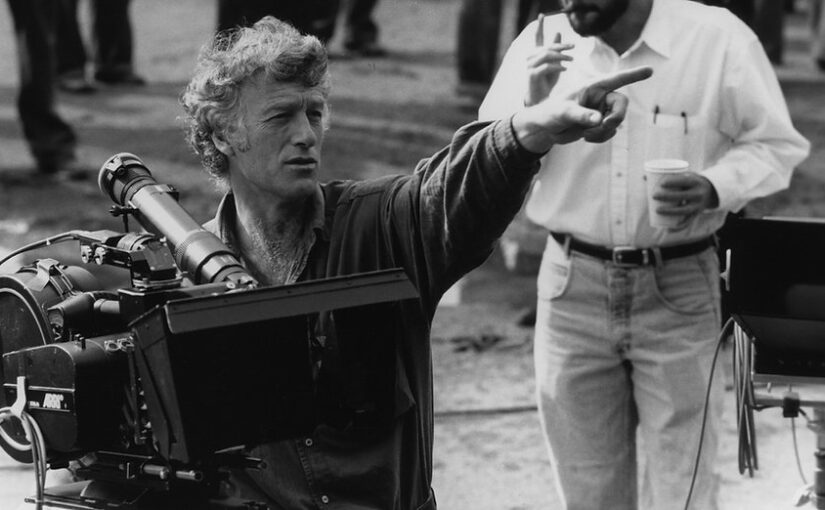
The 50 Best Cinematographers of All Time
The greatest cinematographers of film history, from Technicolor pioneers to lighting virtuosos.
-
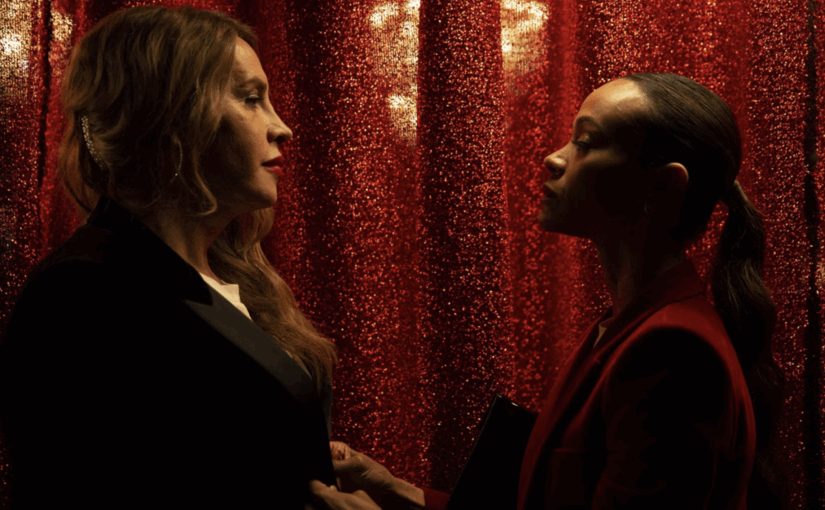
Emilia Pérez (2024)
Jacques Audiard is no hack, and there is some merit to the outlandish ambition of this pulpy, musical melodrama about a cartel kingpin’s transition, yet its constant misfires keep Emilia Pérez from ever settling on a coherent direction.
-
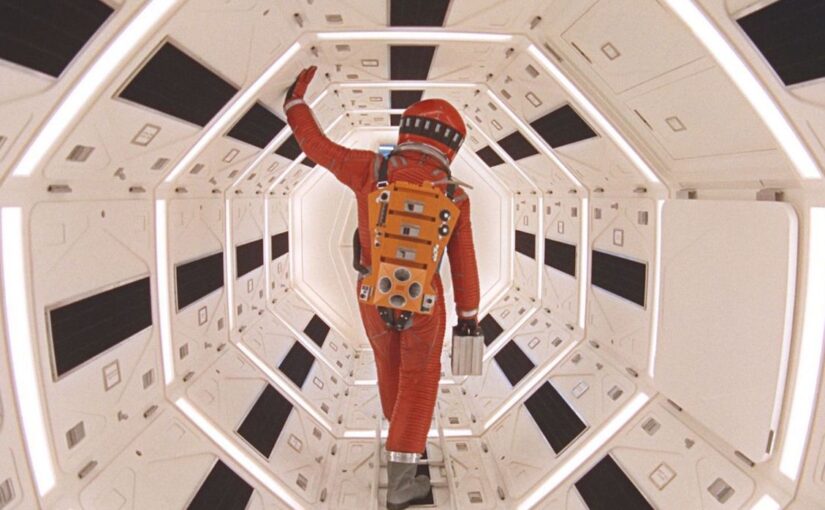
The 100 Best Shot Films of All Time
The greatest cinematography of film history, from moving cameras to meticulous mise-en-scène.
